EuroCC National Competence Center Bulgaria
Short Description of NCC: The National Competence Centre of Bulgaria (NCC Bulgaria) in the area of High-Performance Computing (HPC), High-Performance Data Analytics (HPDA), and Artificial Intelligence (AI) has the goal to enhance the HPC competences and HPC uptake in Bulgaria, making full use of EuroHPC resources and the EuroCC partnership.

The NCC Bulgaria objectives are:
- Establish NCC Bulgaria as the focal point for current and potential users of HPC from SMEs, academia and public administration.
- Create and maintain a comprehensive portfolio of services to streamline access to scientific/technical expertise and consulting and facilitate access to advanced equipment, competences, software codes, and tools.
- Establish stable foundation for local and national training, through identification of requirements, synergies and gaps, facilitating skills development and team-building in the area of HPC.
- Raise awareness and outreach on the benefits of HPC+ technologies and the available services of the NCC to potential user communities, including SMEs.
- Fruitful collaborative activities with SMEs and Big industry within the framework of the NCC Bulgaria, with analysis of the lessons learned and best practices.
- Collaborate and exchange knowledge with the other NCCs, CoEs, and related national initiatives and projects.
The main tasks of NCC Bulgaria:
- Provide regular HPC training events at introductory, intermediate, and advanced level for users from industry, academia, and public administration.
- Engage continuously with industry and SMEs, ultimately accelerating the adoption of HPC at national level, the access to resources and competences. Consult the SMEs through the process of transitioning to the possible use of HPC+ technologies and support them with the most appropriate services.
- Provide technical and scientific expertise, and consulting services with regards to computational tools and modern approaches in HPC for academia and public administration.
- Maintain a comprehensive portfolio of the HPC services provided by the Bulgarian NCC. Develop and display a comprehensive and transparent map of HPC competences in Bulgaria
- Collaborate and exchange knowledge with the other NCCs, CoEs, CASTIEL2, and HPC related national initiatives and projects.
- Ensure visibility of the project results through dissemination and communication actions of the NCC Bulgaria.
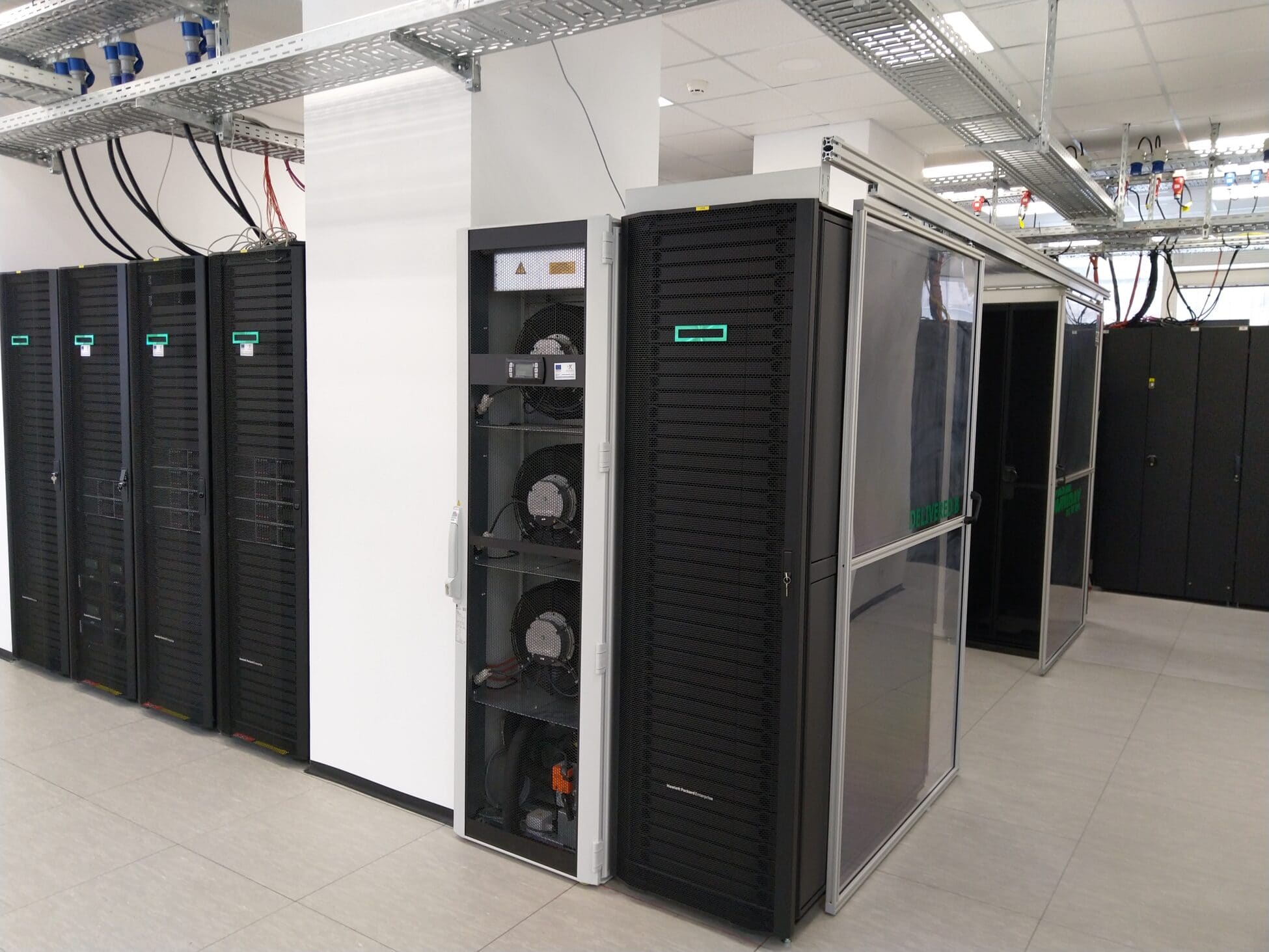
NCC Bulgaria partners:
The NCC-Bulgaria is built by a consortium coordinated by the Institute of Information and Communication Technologies – BAS (IICT-BAS), www.iict.bas.bg, and two members, Sofia University “St. Kliment Ohridski” (SU), uni-sofia.bg, and the University of National and World Economy (UNWE), unwe.bg. The three partners carry diverse technical and scientific backgrounds in the area of HPC and ICT in general, to ensure the achievement of the project objectives and guarantee overall success.
The partners collaborate with Sofia Tech Park, where the Discoverer EuroHPC supercomputer is operating.
For more information about events, trainings and competences, please, visit the NCC Bulgaria web portal:
Feel free to like, share and follow us.
We would love to connect with you!
User Stories
User Story 1: Assessment of Impact of Fleet Management on Air Quality
Description of the problem
A small Bulgarian enterprise that later joined an international group of companies has significant know-how in the development of software and hardware for fleet management. Due to the expansion of its operations it faces new challenges, related to the amounts of data to be processed and the customer’s needs for new services. The company contacted IICT HPC team for advice and consulting.
A potential new service was identified in the use of meteorological and air pollution information to provide options for optimization of traffic and decreasing the air pollution impact of the fleets. The goal of the project was to assess options for achieving “greener” fleet management, especially in the big cities. Work was done methods for data acquisition, aggregation and processing, combining publicly data sources with proprietary in-house data, in order to enable clients to optimize their operations.
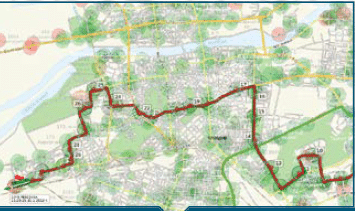
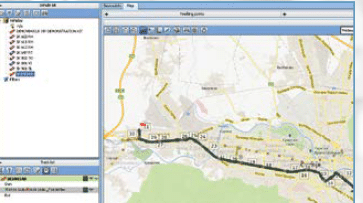
Provisioning of realtime tracking and routing
HPC usage
The project used the IICT HPC facility – the Avitohol supercomputer system, which integrates 150 servers HP Cluster Platform SL250S Gen8. The servers provide not only significant compute power (more than 400 Teraflops) but also have a total of 9.6 TB of RAM, which was important for in-memory data processing.
Results and future work
Through the use of IICT HPC resources and the available air pollution datasets, the company was able to carry out extensive simulations. The tests showed that by integrating industry-standard middleware in the data processing pipeline, there is sufficient compute and data processing power to achieve the required response times in order to be able to provide this service to the customers in a quasi-realtime manner. The successful completion of this project increases the innovative capacity of the company and improves its competitiveness in this rapidly expanding sector of the economy.
User Story 2: Simulation of Trimaran Motion in Multiphase Flow Conditions
Research field
Ship hydrodynamics
Developers
IICT-BAS and The Bulgarian Ship Hydrodynamics Centre (BSHC)
Description of the problem
The subject of this investigation is simulation of trimaran motion in multiphase flow conditions –which is one of the complicates problems in the ship hydrodynamics. The mathematical model includes Navier-Stokes equations. The approximate solution of these equations is performed by the finite element method, using OpenFoam CFD software. The geometry of the trimaran and the corresponding number of cells in the network are provided. With different geometries, the ship “behaves” differently in calm waters and in the presence of multiphase flow (wind/waves). To simulate the motion of a trimaran with certain dimensions, we use OpenFoam CFD software version 5.0, which includes a special library (libwaves.so) for simulating waves. The Rhino 5.0 product is used for the 3D model generation. Total number of cells is 9 631 050.
HPC usage
Avitohol supercomputer 150 computational servers HP SL250s Gen8, equipped with two Intel Xeon E5-2650v2 CPUs and two Intel Xeon Phi 7120P co-processors, 64 GB RAM, two 500 GB hard drives, interconnected with non-blocking FDR InfiniBand running at 56 Gbp/s line speed.
Results
To obtain a 3-minute simulation of the ship in calm waters, we need computer time of up to 1-2 weeks using a single server from the Avitohol supercomputer. That is why we had to distribute the calculations on several computational nodes in order to obtain a complete simulation. The figures show some moments (screenshots) in the simulation of the wave using CFD model for trimaran and what the interaction of wool with its bodies looks like.
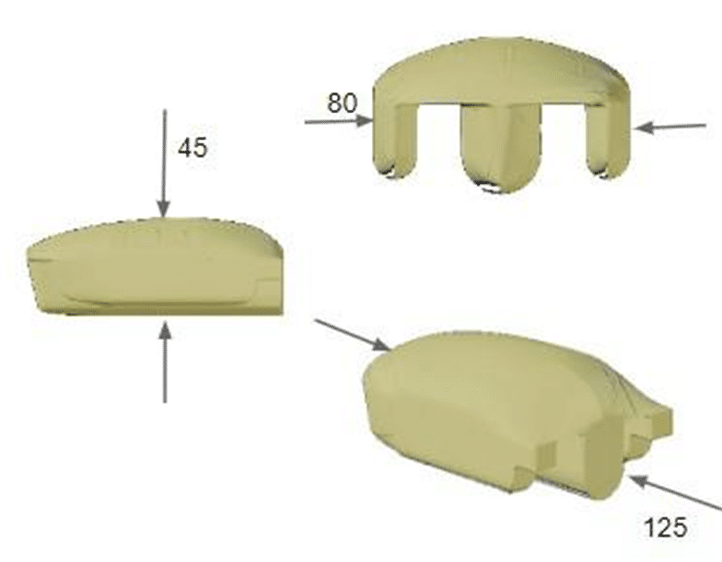
3D model of the trimaran boat
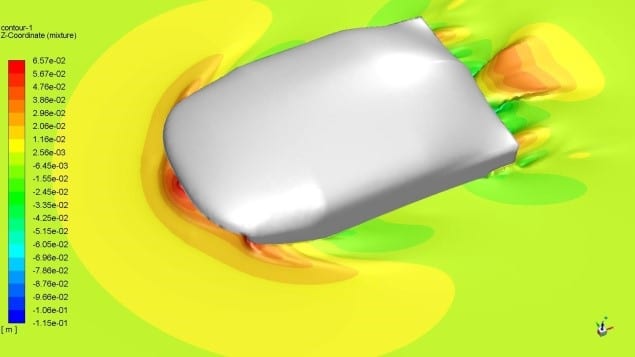
CFD simulation of the wave pattern of a trimaran
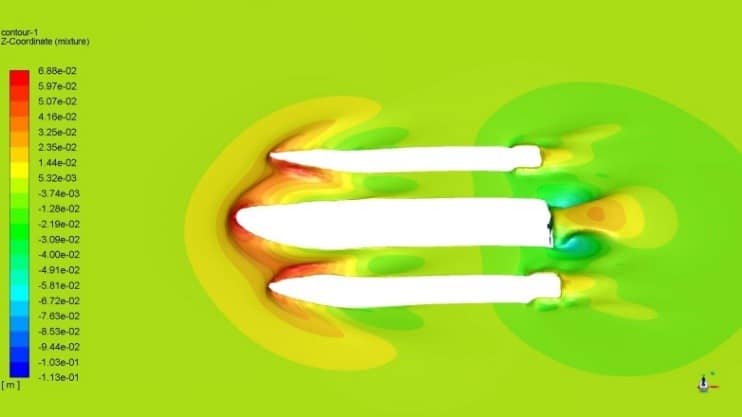
CFD simulation of the interactions between the trimaran hulls